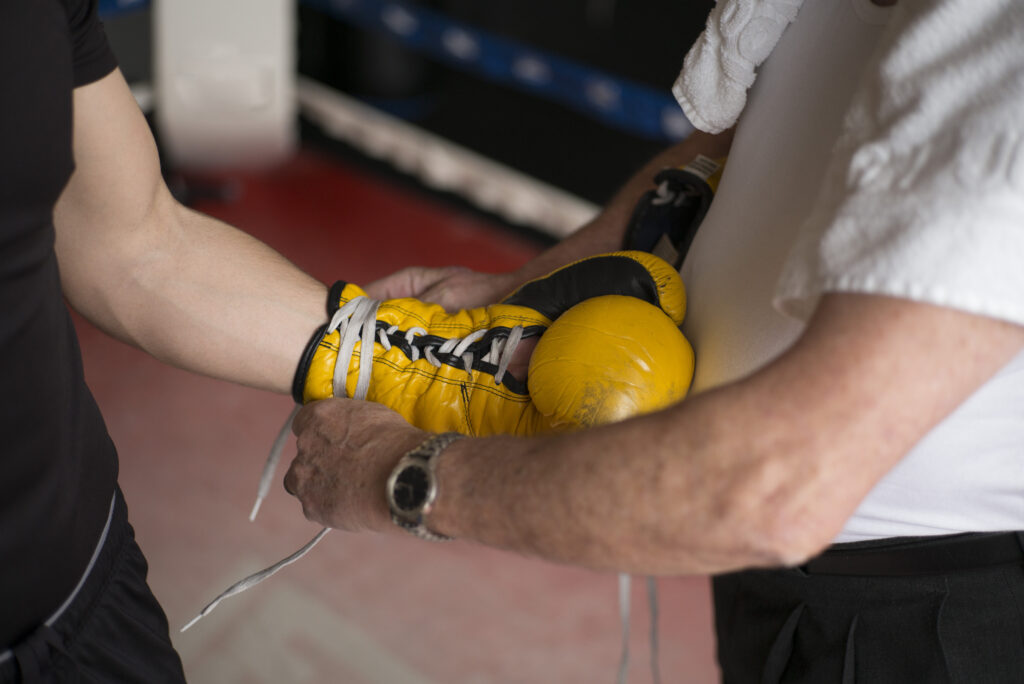At Etowah Recovery Center, we know that addiction doesn’t just impact the individual, it affects entire families and communities. If you’ve had a front-row seat to a family member’s or friend’s struggle with substance use, you’ve likely carried pain, fear, anger, and confusion. When that person begins the journey of recovery, your role shifts, but it remains just as important.
Transitioning from crisis mode to a supportive recovery environment can be challenging. Here are a few ways to care for your loved one, and yourself, during this crucial time.
1. Educate Yourself About Addiction and Recovery
Addiction is a complex disease, not a moral failing or a matter of willpower. Learning about the nature of substance use disorders, the recovery process, and relapse triggers can help you support your loved one with greater compassion and understanding. It also helps you avoid unrealistic expectations, such as assuming recovery will be quick or easy.
2. Communicate with Care
Recovery is often an emotional rollercoaster. Choose your words mindfully:
- Avoid blame or shame-based language.
- Use “I” statements to express how their behavior has affected you.
- Let them know you’re proud of their progress and willing to support their journey.
Even just listening, without trying to fix or judge, can be one of the most powerful gifts you give.
3. Set Boundaries and Stick to Them
Loving someone in recovery doesn’t mean tolerating unhealthy behavior. Boundaries help protect your own well-being while reinforcing accountability for your loved one.
Examples of healthy boundaries:
- “I will not provide money.”
- “I will support your recovery, but I won’t lie for you.”
- “I need space if you are using again.”
Remember, boundaries are not punishments, they are acts of love that safeguard trust and promote healing.
4. Take Care of Yourself
You may be experiencing lingering resentment, exhaustion, or trauma from your loved one’s addiction. Don’t ignore your own emotional needs.
- Consider therapy or joining a support group for families (such as Al-Anon or Nar-Anon).
- Make time for activities that bring you peace and joy.
- Stay connected to your own support system.
You can’t pour from an empty cup. Taking care of yourself allows you to show up more effectively for others.
5. Celebrate Progress, Not Just Perfection
Recovery is a lifelong process with ups and downs. Progress may come in small, quiet moments: a meeting attended, an honest conversation, a week of sobriety.
Acknowledging these victories helps build confidence and reinforces the idea that recovery is worth fighting for, even when it’s hard.
You Are Not Alone
Being a family member or friend of someone in recovery is its own kind of journey. You may carry wounds that need healing, too. At Etowah Recovery Center, we believe that recovery is a family process. That’s why we offer support and education not just for individuals, but for the people who love them.
If you’re supporting someone through recovery and feeling overwhelmed, reach out to us. We’re here to help you navigate this new chapter, with hope, clarity, and care.





